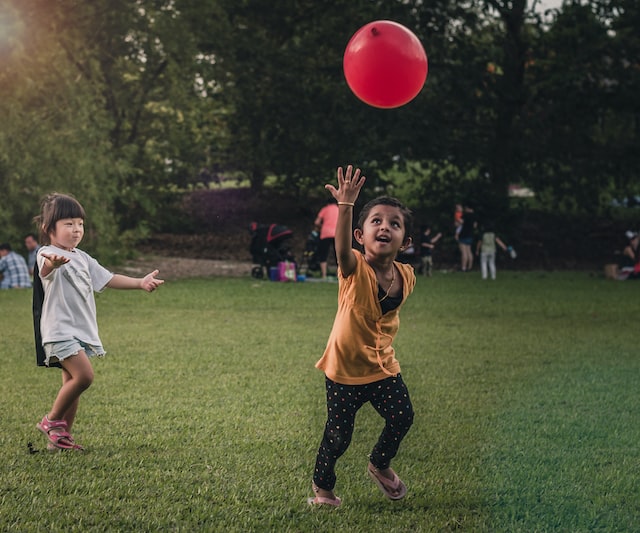Recently I resumed the list of Maria Montessori books that I have not yet had the opportunity to explore. From time to time, I like to re-read her words which never fail to inspire me and bring me back to the principles of the Montessori method.
Over the years of working in Montessori classes, I have seen many approaches and interpretations of this educational method. In particular, I have noticed growing attention towards the teaching apparatus at school and Montessori activities at home. While the educational material is a key element of the environment, its benefit is lost if the adults do not support children’s interests or independence.
the heart of the montessori method
The more I read Maria Montessori’s own words, the more I am convinced that the heart of the method is precisely the adult approach and not the materials themselves. Specifically, one of the words I have in mind the most when thinking about the Montessori principles is respect.
In traditional education, adults demand children’s respect simply because of the age difference. Instead, the Montessori method requires adults to be role models and show respect in their actions and words. Let’s reflect together on how respect translates in the daily basis interaction.
respecting their pace
Children and adults are often out of synch when it comes to practicalities. We have deadlines, tasks to complete, places to be and very little time to waste. Children, on the other hand, focus on the process, the learning journey and are prone to follow their instinct. The fundamental difference between the two approaches can cause frustration on both sides if we don’t learn to find a balance. Imagine for a moment how would it feel to be constantly pushed and rushed around, our requests ignored and desire dismissed? Would you not feel frustrated and angry? Whenever possible, try then to slow down, recognize their priorities, allow extra time and enjoy the process with them!

respecting their emotions
Children’s emotions can be very intense and hard to manage. Mistakenly, often adults believe their job is to make them feel better and fix any wrongs. Unfortunately, the attempt of making the emotions go away quickly can have the effect of undermining and repressing their feelings. Instead, the best reaction in front of a burst of emotions is to give children space and time to express how they feel. By listening and being present, we can help them channelling their feelings, learn how to manage them and supports their healthy emotional development in the long term.
respecting their body
How often do we make decisions that affect the body of children without asking for their permission? Picking them up without warning or forcing them to hug a relative teaches them that it is okay to touch the body of others without their consent. Likewise, that others can touch our bodies without having had our permission. By asking: “Can I hug you?” or “Do you want a hug?”, we set the example for a respectful relationship based on consent.



